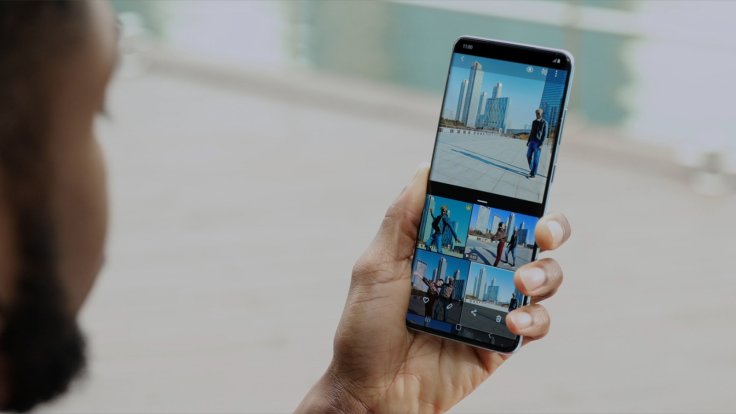If you own a smartphone or a computer and have loads of movies and videos on it, you'd already know the status of your phone or computer's storage.
Although the problem can be sorted out with the help of external expandable storage options such as a microSD card or an external hard drive, and even cloud storage - video, in any format, be it MP4 or AVI or WMV, consumes a fair bit of storage. Not to mention the resources it requires to compute and the high bandwidths it needs to download and upload, and of course, the time it takes. So, whenever something like HEVC (High-Efficiency Video Codec) appears, we feel the problem will be sorted.
Fujitsu's insane video compression technology

Sure HEVC, makes video file size smaller and save some time while at it. Yet, it won't be able to beat Fujitsu and it's a new compression algorithm that claims to reduce the size of a video by 90 per cent.
We're pretty sure you must be thinking such a drastic compression could compromise video quality. We'll it doesn't, but like any tech that's too good to be true, there is a small caveat, which isn't all that significant. The catch here is that the video can only be interpreted by artificial intelligence (AI), which is due to the sheer level of degradation.
The new technology developed by scientists at Fujitsu can automatically analyse the areas within an image that AI prioritizes and compress data to the minimal size that AI can recognize.
Fujitsu says, in theory, this "will allow users to analyze more advanced video data by combining multiple video data stored in the cloud, sensor data, and performance data such as sales data," without any increase in data transmission demands.
This tech is the need of the hour
The compression process will be done on the device itself, using a special chip, and the recognition or interpretation of the compressed video file will be performed in the cloud in a continuous feedback loop between the two.
Such technology has become a necessity, especially now when we have so many high-resolution cameras on our smartphones that can capture videos in 8K resolution. For example, the recently launched Samsung Galaxy S20 Ultra and it's 108-megapixel shooter can do 8K videos.
A boon to 4K and 8K video capture
Then there are also CCTV security cameras that capture footage in 4K resolution. While there's no doubt the videos look absolutely crisp and stunning with every detail captured, the resolution does take its toll on the overall file size. So Fujitsu's algorithm might help mitigate the problem to a big extent, especially in the case of lengthy video files captured continuously over a long duration of time, such as CCTV footage. It won't be long before we see 4K CCTV security cams become more commonplace thanks to this technology.
The tech can also benefit smartphone makers and camera makers who can integrate their devices with the technology and allow users to capture 8K videos without having to worry about running out of storage space.
Fujitsu, which has developed some really amazing tech over the years, will make the new technology available to third parties by the end of 2020. The Japanese tech firm will also introduce a bunch of applications for different industries.









